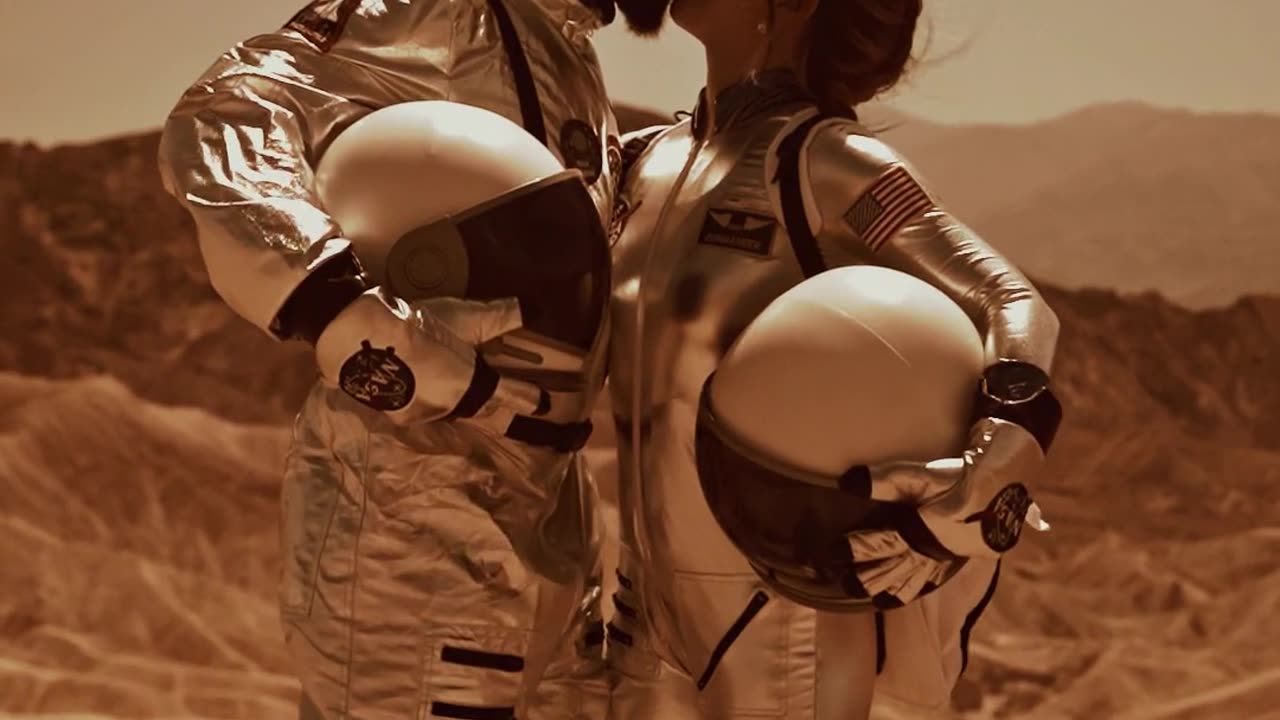Premium Only Content

NASA official video
NASA, which stands for the National Aeronautics and Space Administration, is the United States government agency responsible for the nation's civilian space program and for aeronautics and aerospace research. It was established on July 29, 1958, by the National Aeronautics and Space Act, signed into law by President Dwight D. Eisenhower.
Key points about NASA include:
Space Exploration: NASA is renowned for its contributions to space exploration. It has been involved in numerous historic missions, including the Apollo moon landings, the Space Shuttle program, the Mars rover missions, and the Hubble Space Telescope.
Aeronautics Research: In addition to space exploration, NASA conducts research in the field of aeronautics, which involves the study of flight and the design of aircraft and spacecraft. NASA's work has led to advancements in aviation technology, safety, and efficiency.
Scientific Research: NASA's missions often involve scientific research and discovery. This includes studying planets, moons, stars, galaxies, and the broader universe through telescopes, satellites, and spacecraft.
Human Spaceflight: NASA has sent astronauts into space for various missions, including conducting research on the International Space Station (ISS). The Space Shuttle program, which ran from 1981 to 2011, was a significant part of NASA's human spaceflight efforts.
Robotics and Rovers: NASA has developed robotic spacecraft and rovers to explore other planets and celestial bodies. Notable examples include the Mars rovers Spirit, Opportunity, Curiosity, and Perseverance.
International Collaboration: NASA often collaborates with other space agencies and organizations around the world, including the European Space Agency (ESA), the Russian space agency Roscosmos, and more.
Educational Outreach: NASA is also known for its educational outreach efforts, inspiring the next generation of scientists, engineers, and space enthusiasts through programs, initiatives, and educational materials.
Artemis Program: One of NASA's recent goals is the Artemis program, which aims to return humans to the Moon and establish a sustainable presence there as a stepping stone for future missions to Mars.
Scientific Discoveries: Over the years, NASA missions have led to numerous scientific discoveries, such as insights into the composition of other planets, the discovery of new celestial bodies, and the understanding of cosmic phenomena.
Technological Innovations: The technologies developed for space missions often have broader applications on Earth, leading to innovations in fields like materials science, communications, and medical research.
NASA plays a crucial role in advancing our understanding of space, our solar system, and the universe as a whole. It continues to push the boundaries of science, technology, and exploration to expand our knowledge of the cosmos.
-
 3:06:20
3:06:20
FreshandFit
5 hours agoMILF date at ComplexCon with DJ Akademiks
170K16 -
 LIVE
LIVE
SpartakusLIVE
2 hours agoThe King of Content and the Queen of Banter || Duos w/ Sophie
501 watching -
 1:47:12
1:47:12
Akademiks
2 hours agoLive on complexcon
10.7K1 -
 3:07:36
3:07:36
Barry Cunningham
4 hours agoCAN PRESIDENT TRUMP STOP THE STORMS? ON AIR FORCE ONE | SNAP BENEFITS | MAMDANI | SHUTDOWN DAY 25
13.9K14 -
 13:38
13:38
Exploring With Nug
9 hours ago $2.84 earnedWe Searched the Canals of New Orleans… and Found This!
12.3K1 -
 13:36
13:36
Clintonjaws
1 day ago $26.20 earnedCBC 2024 Election Night - Highlights - This Is Priceless!
51.3K17 -
 23:20
23:20
Lady Decade
5 hours ago $12.89 earnedI Spent The Night With Alex Jones
21.6K26 -
 LIVE
LIVE
SavageJayGatsby
4 hours agoSpicy Saturday – Goblin Cleanup Chaos! 💀🌶
133 watching -
 16:47
16:47
Robbi On The Record
2 days ago $12.42 earnedThe Day Seeing Stopped Meaning Believing | Sora, AI and the Uncanny Valley
36.3K33 -
 4:07:36
4:07:36
GamerGril
5 hours agoIt's The Zombie Apocalypse, Bring Your Friends 💞Scream Queens💞
9.7K1